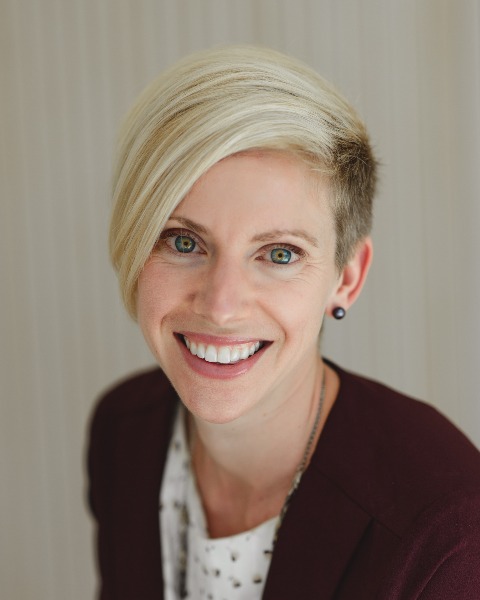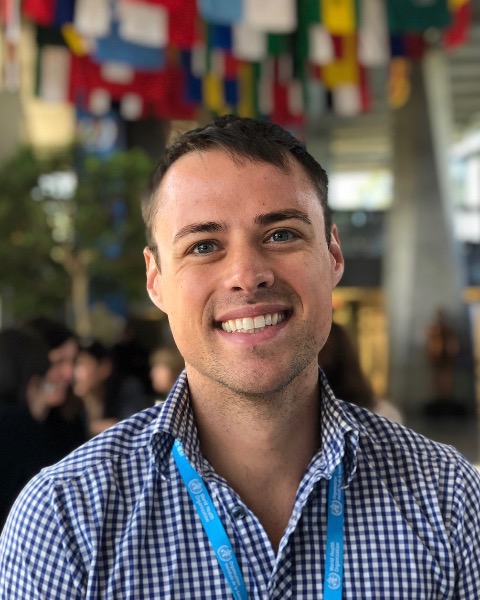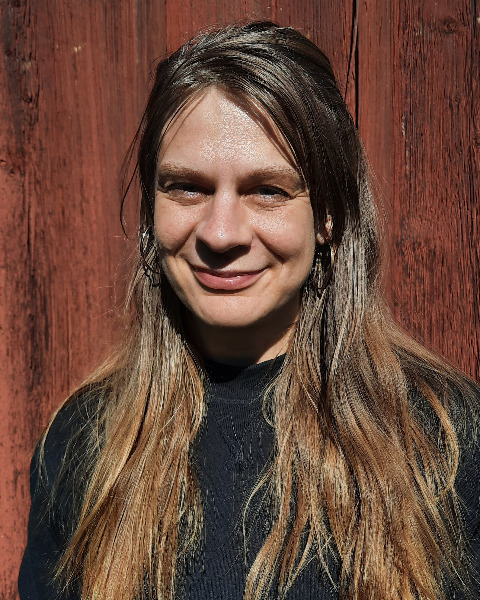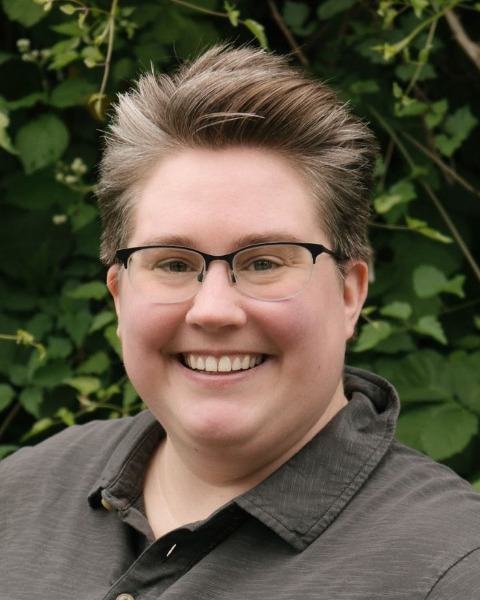Social Research, Policy, and Practice
Embracing the Queer Art of Failure in Gerontological Research and Education
-

Sara Bybee, PhD, LCSW (she/her/hers)
Assistant Professor
College of Nursing
University of Utah
Salt Lake City, Utah, United States -

Austin Oswald, PhD (they/them/theirs)
Postdoctoral Scholar
Social Work
University of Washington
Seattle, Washington, United States -
VF
Vanessa Fabbre, PhD, LCSW (she/her/hers)
Associate Professor
The Brown School
Washington University in St. Louis
St. Louis, Missouri, United States -

Anna Siverskog, PhD (she/her/hers)
Researcher
Gender studies, School of Culture and Education
Södertörn University
Stockholm, Stockholms Lan, Sweden -

Sara Bybee, PhD, LCSW (she/her/hers)
Assistant Professor
College of Nursing
University of Utah
Salt Lake City, Utah, United States -

Austin Oswald, PhD (they/them/theirs)
Postdoctoral Scholar
Social Work
University of Washington
Seattle, Washington, United States -

Lauren Bouchard, MS, PhD (they/them/theirs)
Senior Instructor 1
Institute on Aging
Portland State University
Portland, Oregon, United States
Chair(s)
Co-Chair(s)
Discussant(s)
Individual Symposium Abstract First Author(s)
Halberstam describes the queer art of failure as a performance of dissidence in which lesbian, gay, bisexual, transgender, and queer plus (LGBTQ+) people willing reject traditional conceptualizations of success. Yet, dominant theoretical frameworks in gerontology are predicated upon notions of success and productivity which may be problematic for understanding the life trajectories of LGBTQ+ people. The use of such heteronormative frameworks has implications for gerontological research in two important ways: 1) Research methods and researchers themselves may be constrained by the normative expectations placed on LGBTQ+ people and 2) Heteronormative frameworks obscure the nuance of LGBTQ+ older adults’ lived experiences and may limit important contributions to gerontological knowledge. This symposium applies the queer art of failure to examine LGBTQ+ aging scholarship that deviates from traditional research and education. Speaker one shares experiences from LGBTQ+ individuals facing dementia, using concepts that counter framing dementia as pathology and decline. Speaker two discusses how participants’ preferences for receiving research results via found poetry may reflect LGBTQ+ participants’ natural inclination to question hegemonic norms. Speaker three describes collaborating with a coalition of LGBTQ+ older adults of color on a participatory action research study, detailing how epistemic tensions shaped the research in unexpected ways. Speaker four discusses how institutional failure led to enthusiasm for LGBTQ+ curriculum development, student mentoring, and knowledge production. These presentations suggest that the inclusion of diverse conceptualizations of success and productivity should inform future aging scholarship, as they may center the experiences of historically marginalized populations such as LGBTQ+ older adults.
Learning Objectives:
- Participants will be able to articulate the meaning of the queer art of failure, noting its rejection of heteronormativity and normative societal expectations.
- Participants will be able to examine the ways in which their own research has embodied the queer art of failure, having diverged from what was expected and exposing new opportunities for learning and discovery
- Participants will be able to discuss the ways in which the queer art of failure manifests in the lives of LGBTQ+ people and what implications this has for gerontological research and knowledge development.
Presentations:
-
12:30 PM - 2:00 PM ETLiving With Dementia: Experiences of LGBTQ People With Dementia and Significant Others
Individual Symposium Abstract First Author: Anna Siverskog, PhD (she/her/hers) – Södertörn University
-
12:30 PM - 2:00 PM ETParticipants' Perspectives on Receiving Results Using Found Poetry: A Mixed-Methods Study
Individual Symposium Abstract First Author: Sara Bybee, PhD, LCSW (she/her/hers) – University of Utah
-
12:30 PM - 2:00 PM ETOvercoming Tensions in Culturally Responsive Research With LGBTQ+ Older Adults of Color
Individual Symposium Abstract First Author: Austin Oswald, PhD (they/them/theirs) – University of Washington
-
12:30 PM - 2:00 PM ETFrom Failure to Opportunity in Queering Gerontological Curriculum
Individual Symposium Abstract First Author: Lauren Michele Bouchard, MS, PhD (they/them/theirs) – Portland State University
